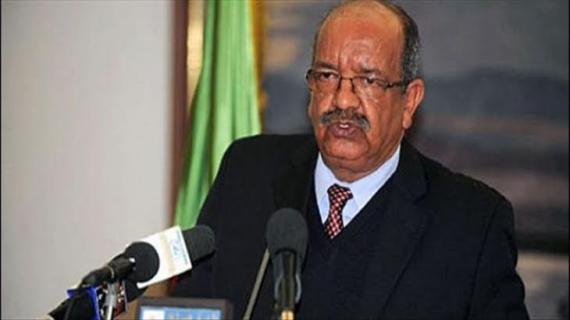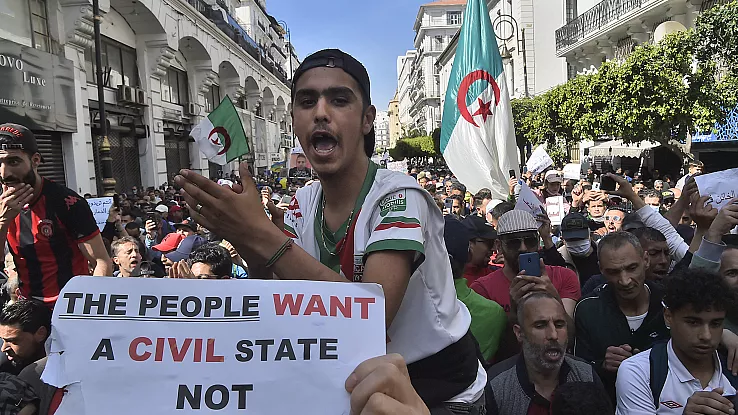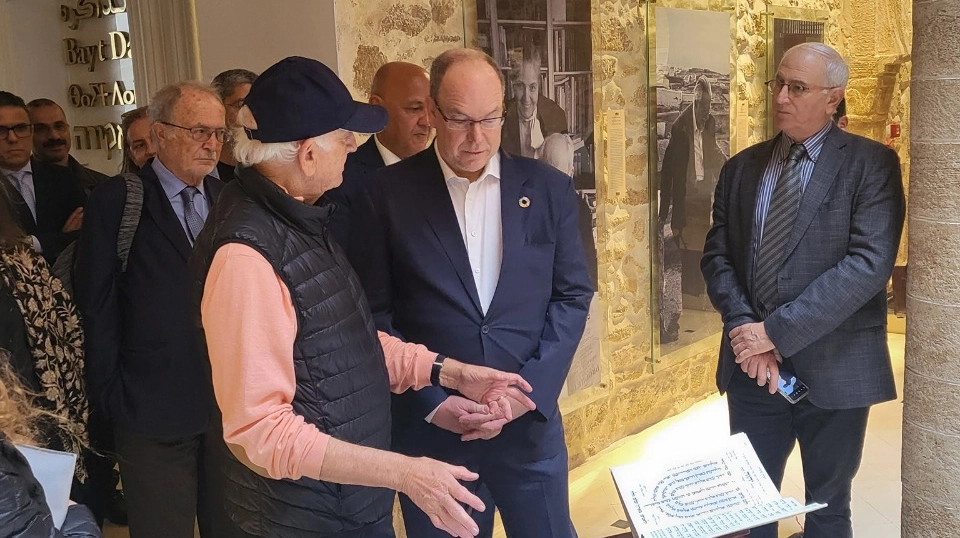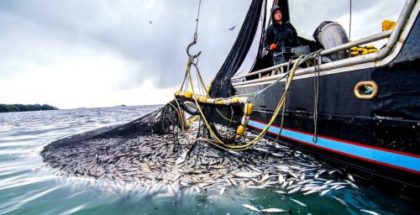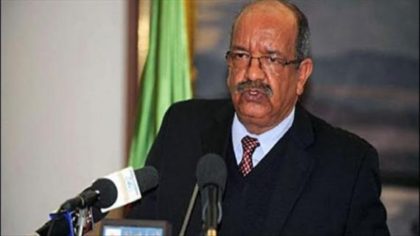 The arrogance and antagonism of the henchmen of the military regime in Algeria make them myopic to the fast evolving world around them. The recent statements by Algeria’s foreign minister, Abdelkader Messahel, who claimed that Moroccan banks and flag carrier (Royal Air Maroc) are making success in Africa because they are using drug money, come in a series of uncorroborated accusations by Algerian officials who fail to point to the real impediments facing their country’s domestic and foreign economic policies.
The arrogance and antagonism of the henchmen of the military regime in Algeria make them myopic to the fast evolving world around them. The recent statements by Algeria’s foreign minister, Abdelkader Messahel, who claimed that Moroccan banks and flag carrier (Royal Air Maroc) are making success in Africa because they are using drug money, come in a series of uncorroborated accusations by Algerian officials who fail to point to the real impediments facing their country’s domestic and foreign economic policies.
Messahel’s statements are as disgraceful as they stem out of envy towards a successful neighbor with a forward-looking continental strategy. Morocco without oil and gas gears 60% of its foreign direct investments to Africa and has a network of banks that trusted in African growth potential. The visits made by King Mohammed VI to more than 40 African countries since he took the throne paved the way for the establishment of a south-south cooperation model, yielding fruitful joint projects conducive to addressing Africa’s main challenges: food security, energy security and religious security.
Morocco’s win-win approach in its undertakings with African states led to sealing large-scale projects in the fields of promoting agriculture in Africa, sharing know-how on renewable energies and most of all building a gas pipeline that will help West African countries achieve food security.
The North African kingdom is also building on its spiritual ties with Africa to spread tolerant Islam and pre-empt radicalization.
Moroccan soldiers are also taking part in peace-keeping missions in Africa.
Morocco has also bolstered its image in Africa through the launch of a migration policy that aims at guaranteeing the basic rights of Sub-Saharan migrants in Morocco and grant them access to the job market and vital services.
At the international level, Morocco made Africa a priority in its foreign policy. It has been campaigning in international fora for African causes. During the COP22 UN climate summit, Morocco put pressure to gather support for climate adaptation efforts and strived to set up a fund dedicated to help African countries face climate change.
What Algerian regime fails to see is that forging strong ties with African countries is a matter of values. While pretending to have interest in Africa, Algerian officials keep condescending towards their African neighborhood, which they deem as a sphere where they can use oil money to gain influence.
It is inconceivable for Algeria to gain the trust of African leaders in the absence of a value-based approach towards the continent.
Last July, Ahmed Ouyahya, who is now Algeria’s Prime Minister, uttered heinous remarks when he described Sub-Saharan migrants as a “source of crime, drugs and other calamities”.
Persisting on the same xenophobic remarks, Foreign Minister Abdelkader Messahel accused Sub-Saharan migrants of “involvement in crime and drug trafficking.” Even worst, Head of Algeria’s human rights commission Farouk Ksentini made scandalous statements, bluntly accusing sub-Saharans of spreading HIV and diseases in Algeria.
At the economic level, Algeria has nothing to offer to African countries, some of whom are making headway with industrialization and decreasing dependence on exporting raw material. Algeria actually came to represent all that is wrong with the African economy.
At the image of its ailing President Abdelaziz Bouteflika, Algeria is stuck in a Cold War mindset where ideology takes primacy. Gone is the era of the struggle for colonialism. Now African countries such as Ghana, Ethiopia, Tanzania and Rwanda are posting some of the highest economic growth rates globally.
Instead of spreading lies about Moroccan banks that makes them look ignorant of the international banking system, Algerian officials had better discuss their own underdeveloped banking sector. Algeria’s entire banking sector is woefully out of touch with modern banking standards, and its central bank has a reputation for being one of the most opaque institutions of its kind in the world.
The archaic banking system has also been pushing investors away. Algeria’s banks remain state-dominated and highly corrupt thus thwarting foreign direct investments.
The perception of Algeria’s unfriendliness towards foreign investors is worsened by recent investment reforms that left unchanged a rule requiring 51% of national ownership of any projects.
The 51/49 rule provides that at least 51% of the shares of Algeria-based companies must be owned by Algerian nationals residing in Algeria or by companies, which are wholly owned by Algerian resident shareholders.
Likewise, while Morocco’s flag carrier, RAM, has increased the destinations it serves on Africa from 4 in 2004 to 33 in 2017, Air Algeria lags behind. It was ranked as one of the least secure air companies in the globe.
Recognizing own failure requires modesty which the Algerian regime lacks. After they squandered the mantra of the expensive oil era, the drop in oil prices has pulled the rug from under the feet of Algerian officials. After three years of low oil prices, the regime is teetering on the verge of bankruptcy.
Resorting to lies and intimidation remains the only choice for a ruling elite in Algeria that is so adamant to stay in power while shunning genuine reforms.
